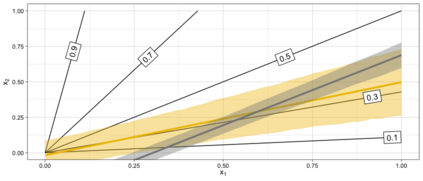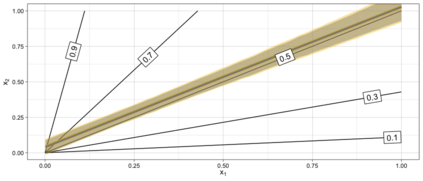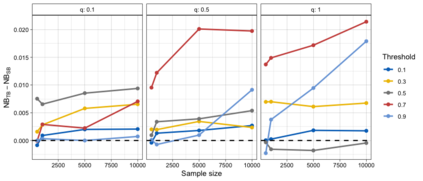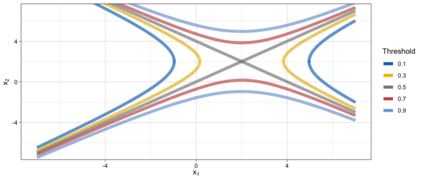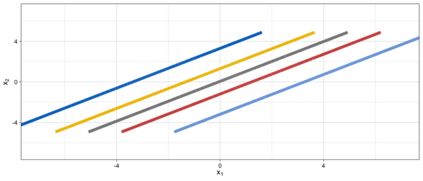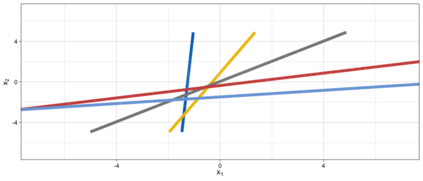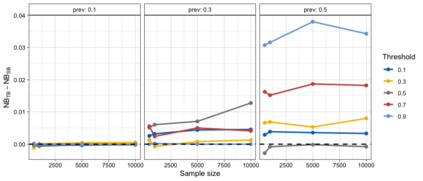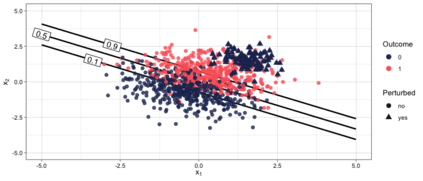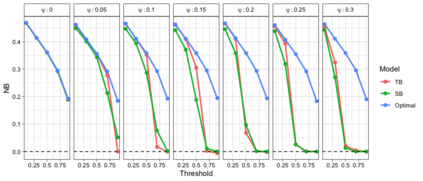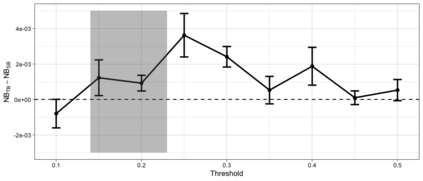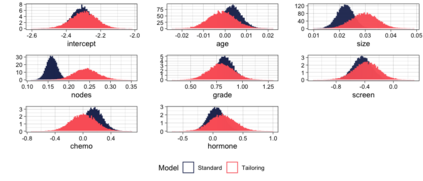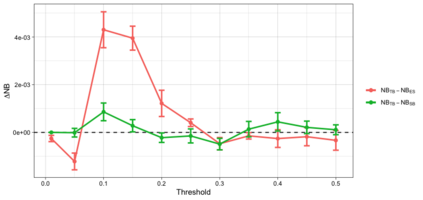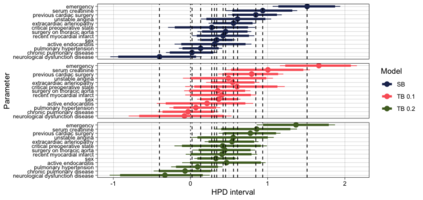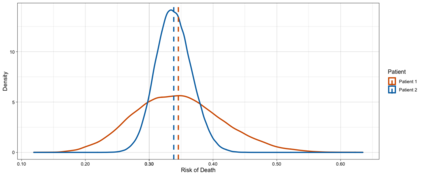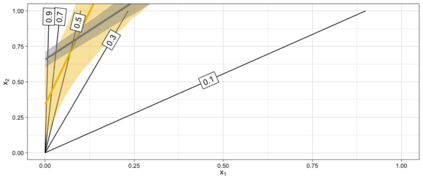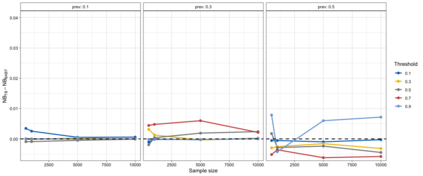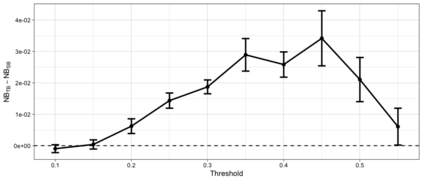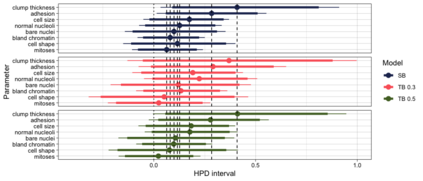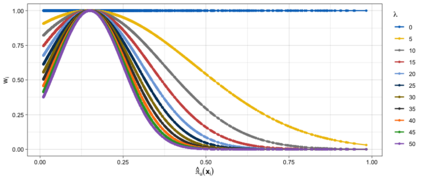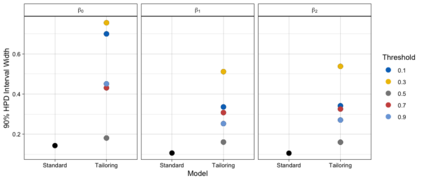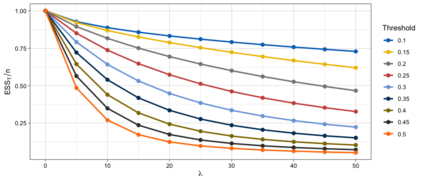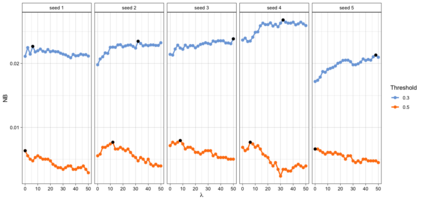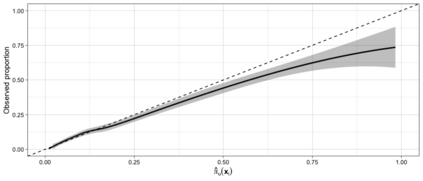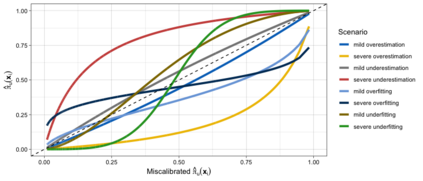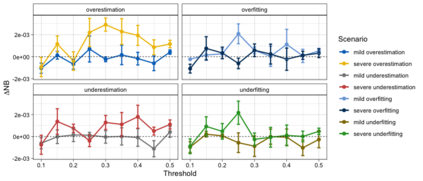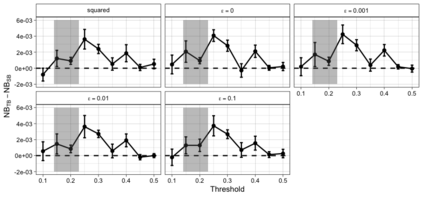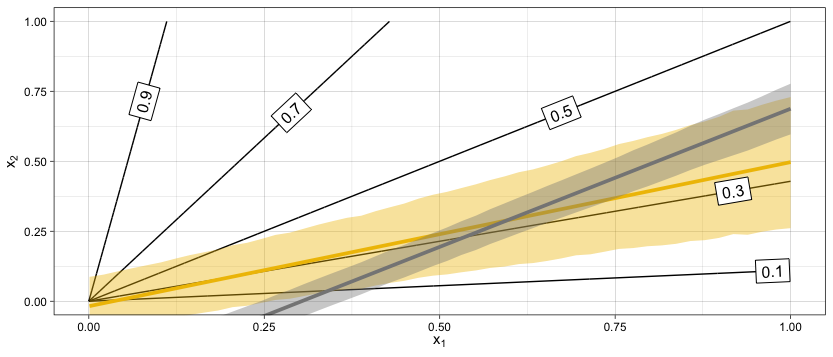Risk prediction models are a crucial tool in healthcare. Risk prediction models with a binary outcome (i.e., binary classification models) are often constructed using methodology which assumes the costs of different classification errors are equal. In many healthcare applications this assumption is not valid, and the differences between misclassification costs can be quite large. For instance, in a diagnostic setting, the cost of misdiagnosing a person with a life-threatening disease as healthy may be larger than the cost of misdiagnosing a healthy person as a patient. In this work, we present Tailored Bayes (TB), a novel Bayesian inference framework which "tailors" model fitting to optimise predictive performance with respect to unbalanced misclassification costs. We use simulation studies to showcase when TB is expected to outperform standard Bayesian methods in the context of logistic regression. We then apply TB to three real-world applications, a cardiac surgery, a breast cancer prognostication task and a breast cancer tumour classification task, and demonstrate the improvement in predictive performance over standard methods.
翻译:风险预测模型是保健方面的一个关键工具。风险预测模型(即二元分类模型)通常使用假定不同分类错误成本相同的方法来构建风险预测模型。在许多保健应用中,这一假设是无效的,分类错误成本之间的差别可能很大。例如,在诊断环境中,误诊患有危及生命疾病的人的健康成本可能大于误诊病人健康患者的成本。在这项工作中,我们介绍了 " 定额贝耶斯 " (TB)这个新型贝耶斯推理框架,“配方”模型适合优化预测性能,以弥补不平衡的分类错误成本。我们利用模拟研究来显示,在物流回归的情况下,结核病预期会超过标准贝耶斯方法。我们然后将结核病应用于三个真实世界的应用、心脏手术、乳腺癌预测任务和乳腺癌肿瘤分类任务,并展示了在标准方法上预测性绩效的改进。

